August 9, 2015
Govt £118bn pipeline, Change leadership, Take a real holiday and more 0
 In this week’s issue; Lee Parsons argues the impact of office relocation can no longer be solely measured in tangible terms; Mark Eltringham questions people’s reluctance to simply go on holiday and explores the complex links that exist between our surroundings and how we think and act. The Government lists around £118 billion of publicly funded building projects over the next five years; and flexible working is the main driver in the growth of Cloud data services. Ergonomics experts focus on the much discussed topics of sedentary working; the Work Foundation presses employers to support the health of older workers; and from the latest edition of Work&Place Rebecca Booth explains one of the biggest obstacles to successful change leadership is “change fatigue.” Subscribe for free quarterly issues of Work&Place and weekly news here, follow us on Twitter and join our LinkedIn Group to discuss these and other stories.
In this week’s issue; Lee Parsons argues the impact of office relocation can no longer be solely measured in tangible terms; Mark Eltringham questions people’s reluctance to simply go on holiday and explores the complex links that exist between our surroundings and how we think and act. The Government lists around £118 billion of publicly funded building projects over the next five years; and flexible working is the main driver in the growth of Cloud data services. Ergonomics experts focus on the much discussed topics of sedentary working; the Work Foundation presses employers to support the health of older workers; and from the latest edition of Work&Place Rebecca Booth explains one of the biggest obstacles to successful change leadership is “change fatigue.” Subscribe for free quarterly issues of Work&Place and weekly news here, follow us on Twitter and join our LinkedIn Group to discuss these and other stories.









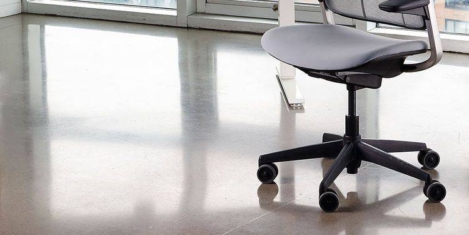
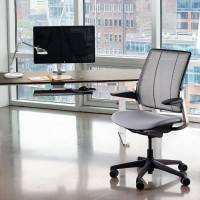
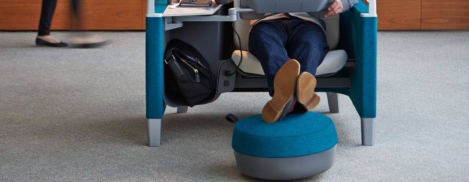
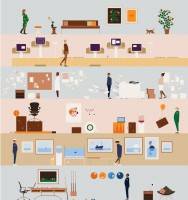
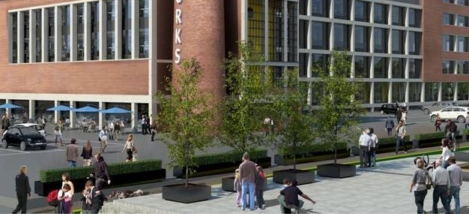
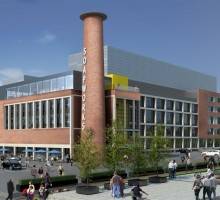
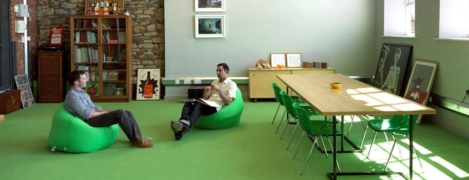
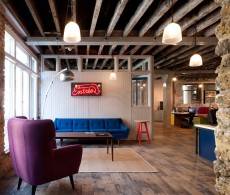
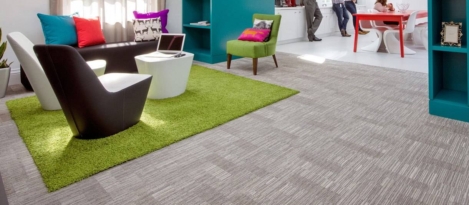
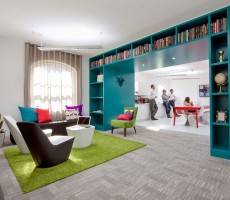
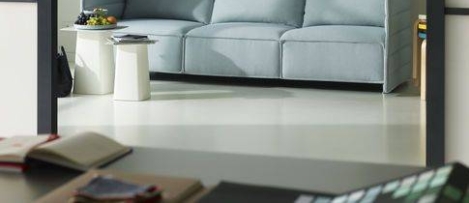
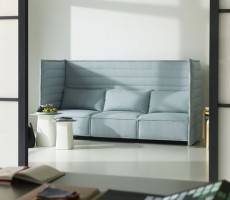










August 28, 2015
The reason offices will always be needed is tied up with human nature
by Nigel Sikora • Comment, Flexible working, Technology, Workplace design
More →